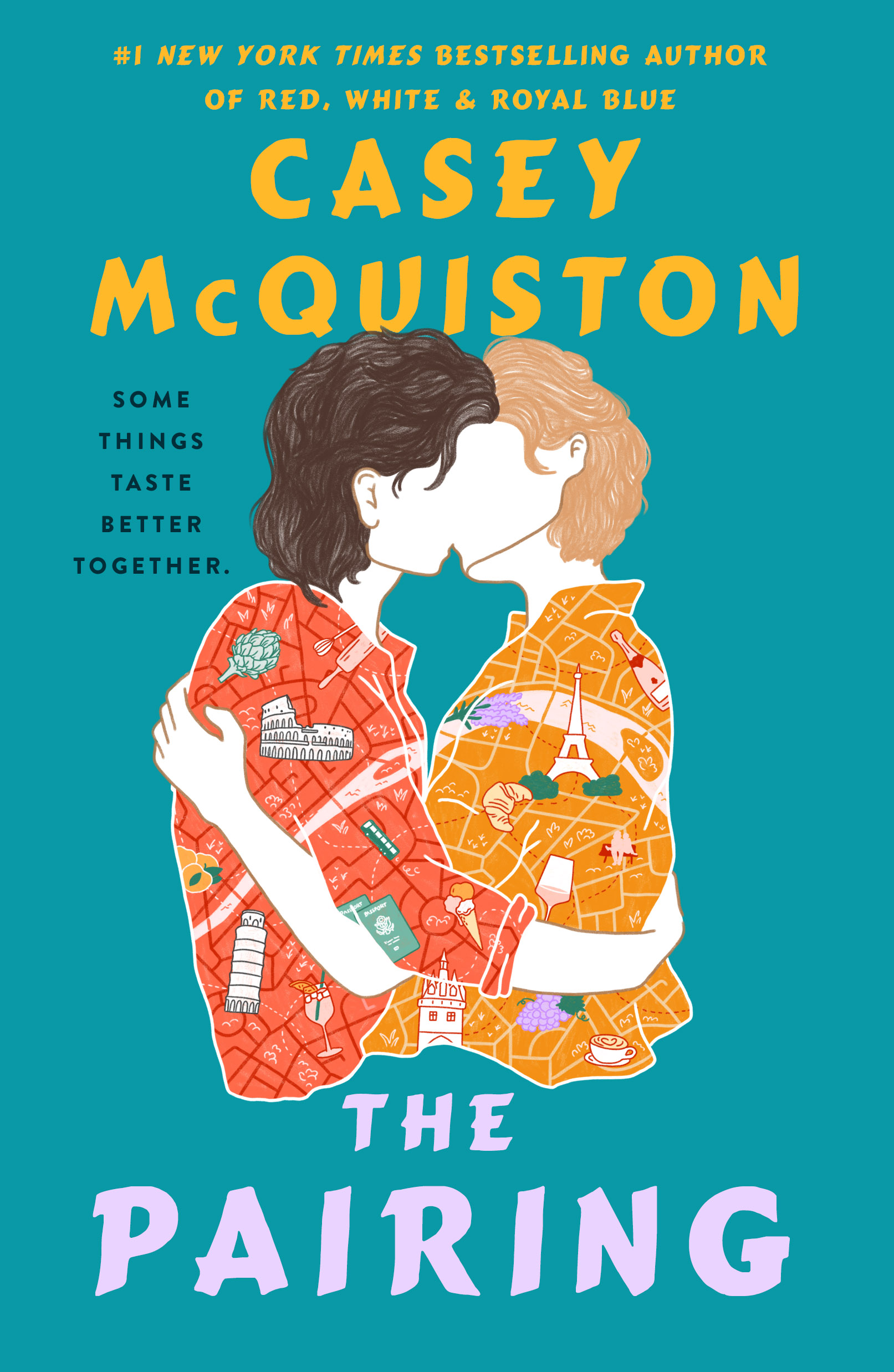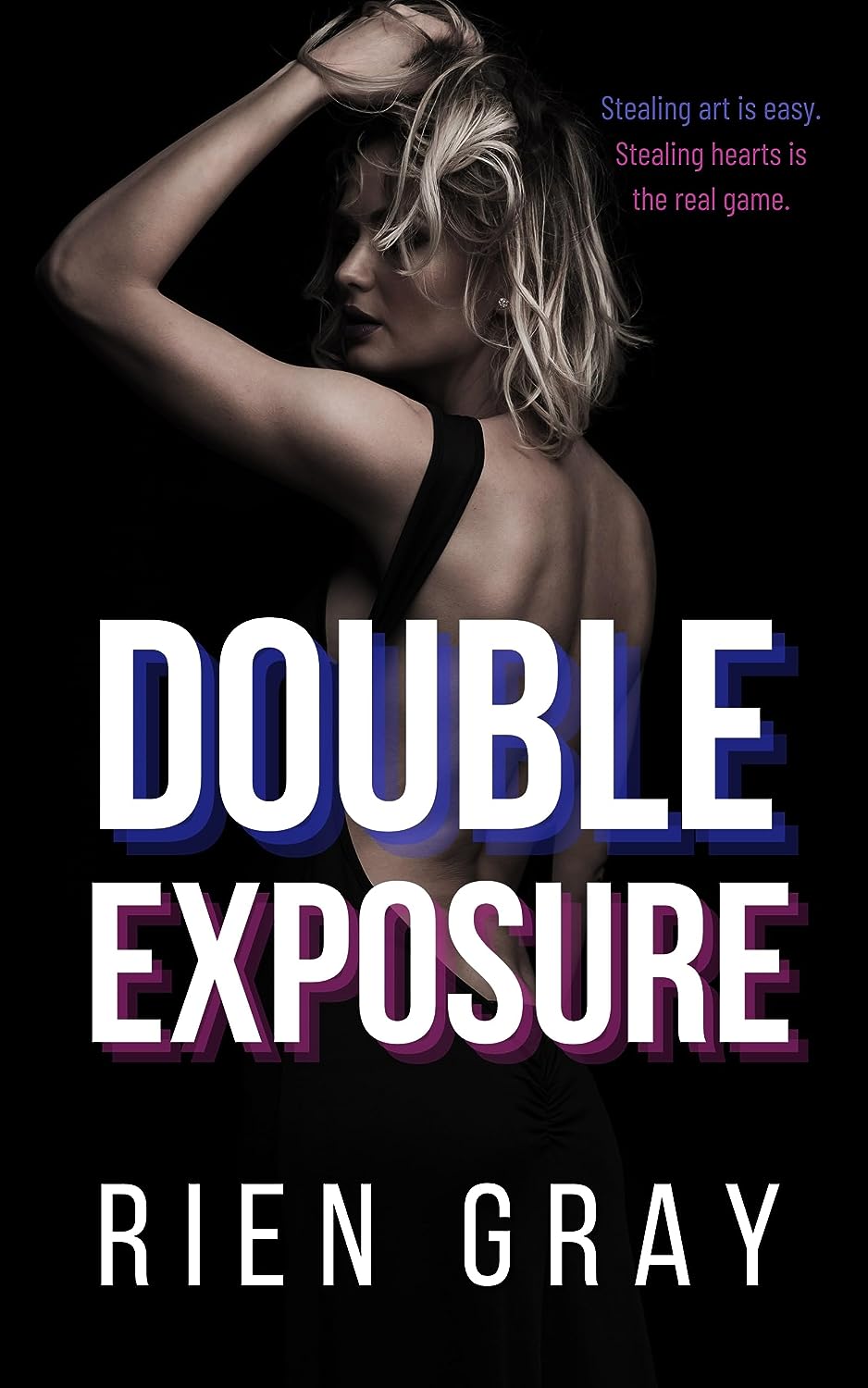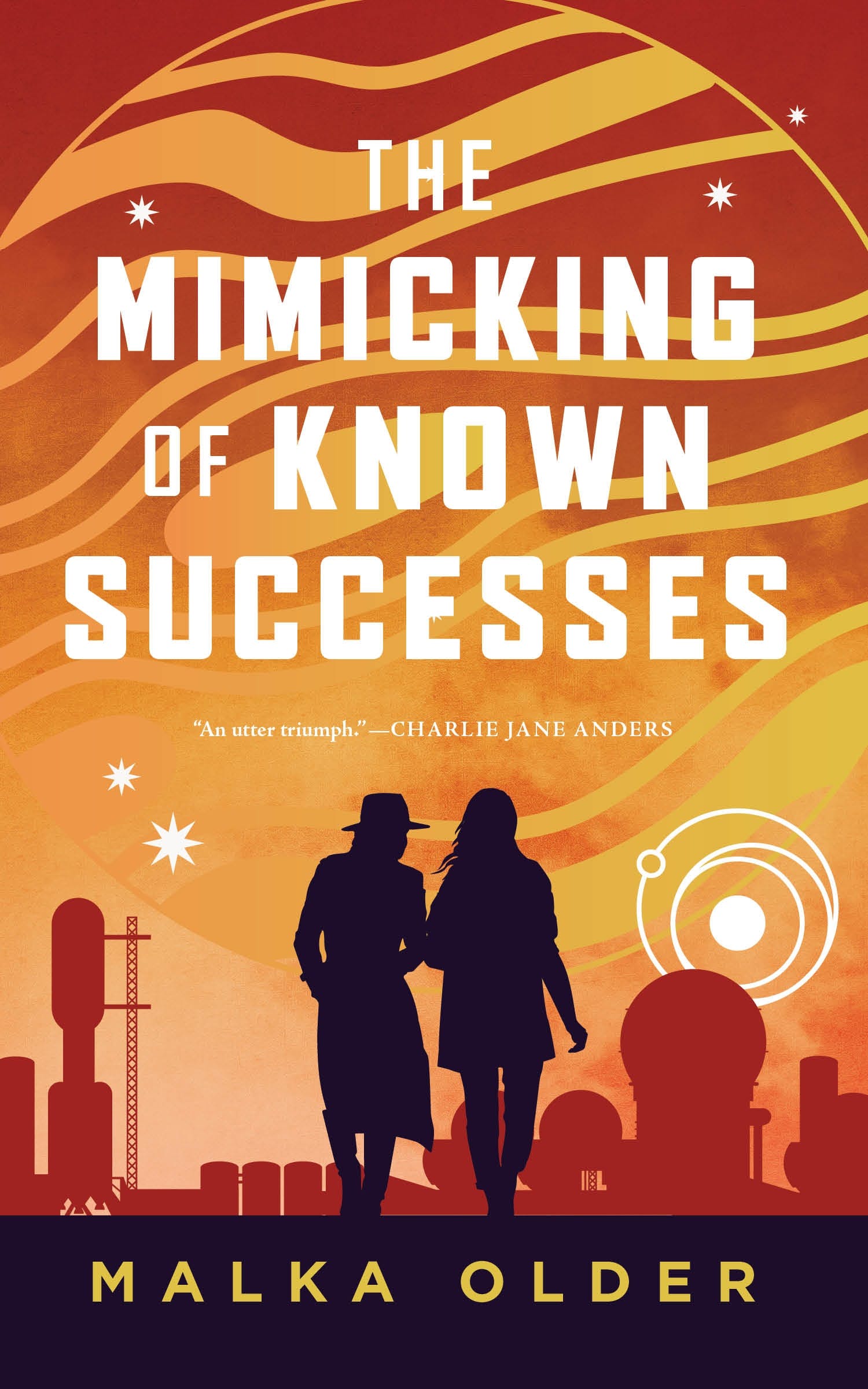Buy this from Bookshop.org to support the Lesbrary and independent bookstores! [I] wonder if heartbreak will fuck you if you learn to love it enough. It feels unnecessary to recommend the new Casey McQuiston romance, given how incredibly popular Red, White, and Royal Blue and One Last Stop are. I’m sure this will also getRead More
A Queer Futuristic Take on a Classic Mystery Setup: The Imposition of Unnecessary Obstacles By Malka Older
Buy this from Bookshop.org to support local bookstores and the Lesbrary! I love sapphic novellas with an unconventional blend of genre elements—so of course, after reading The Mimicking of Known Successes by Malka Older last year, I eagerly awaited the sequel, The Imposition of Unnecessary Obstacles. I had the sense I’d enjoy it even more as a series,Read More
A High-Heat Heist: Double Exposure by Rien Gray
Note: While I’ve avoided major plot spoilers, this review is relatively detailed regarding the character arcs and themes. Fittingly enough, I’ve been exposed to Double Exposure by Rien Gray twice. The first time was through the Happily Ever After Collective, which releases monthly romance novellas from a variety of authors. Last year, Double Exposure released to patrons along withRead More
GBBO, but Sapphic and Bangladeshi: The Dos and Donuts of Love by Adiba Jaigirdar
Bookshop.org Affiliate Link Adiba Jaigirdar, author of The Henna Wars and Hani and Ishu’s Guide to Fake Dating, has become known for her compulsively readable teen romances centering queer Bangladeshi-Irish characters. Her newest novel, The Dos and Donuts of Love, tackles fatphobia, racism, and familial expectations, this time on the set of a nationally televised baking competition. Seventeen-year-old ShireenRead More
A Cozy Sapphic Sci-Fi Mystery: The Mimicking of Known Successes by Malka Older
Amazon Affiliate Link | Bookshop.org Affiliate Link In The Mimicking of Known Successes, Malka Older creates a cozy murder mystery in humanity’s distant future on Jupiter. I found this novella to be a delightful, satisfying read. The action clicked along nicely, the world-building was intriguing, and Mossa and Pleiti were great characters. Mossa, an Investigator, isRead More
Nat reviews Plain English by Rachel Spangler
Amazon Affiliate Link | Bookshop.org Affiliate Link Rachel Spangler is probably one of my most read authors of sapphic romance because they are so darn reliable. I’ve never been disappointed. In my mind, I often refer to Spangler as “the author who writes sports romance,” and yeah, I’m a big sucker for a feel-good sportsRead More
Kayla Bell reviews Once Ghosted, Twice Shy by Alyssa Cole
Amazon Affiliate Link | Bookshop.org Affiliate Link Have you ever wished for a sapphic romance that isn’t all about angst and homophobia and actually focuses on the development and drama of the characters? Look no further, because Alyssa Cole’s excellent novella Once Ghosted, Twice Shy has you covered. This entry into the Reluctant Royals universeRead More
Shana reviews Once Ghosted, Twice Shy by Alyssa Cole
Once Ghosted, Twice Shy is a novella about a second chance romance between Likotsi, an African woman visiting New York City, and Fabiola, the Haitian-American femme from Brooklyn who she can’t stop thinking about. The story is part of Alyssa Cole’s Reluctant Royals series, which primarily features straight couples. Likotsi was my favorite character fromRead More
Susan reviews Bingo Love by Tee Franklin and Jenn St-Onge
I’m pretty sure that I can’t discuss Tee Franklin and Jenn St-Onge’s Bingo Love without spoilers, because the things that naffed me off the most about it are all massive honking spoilers. It’s a second-chance romance; Mari and Hazel meet again in their sixties and decide to pick up where they left off as teenagersRead More



